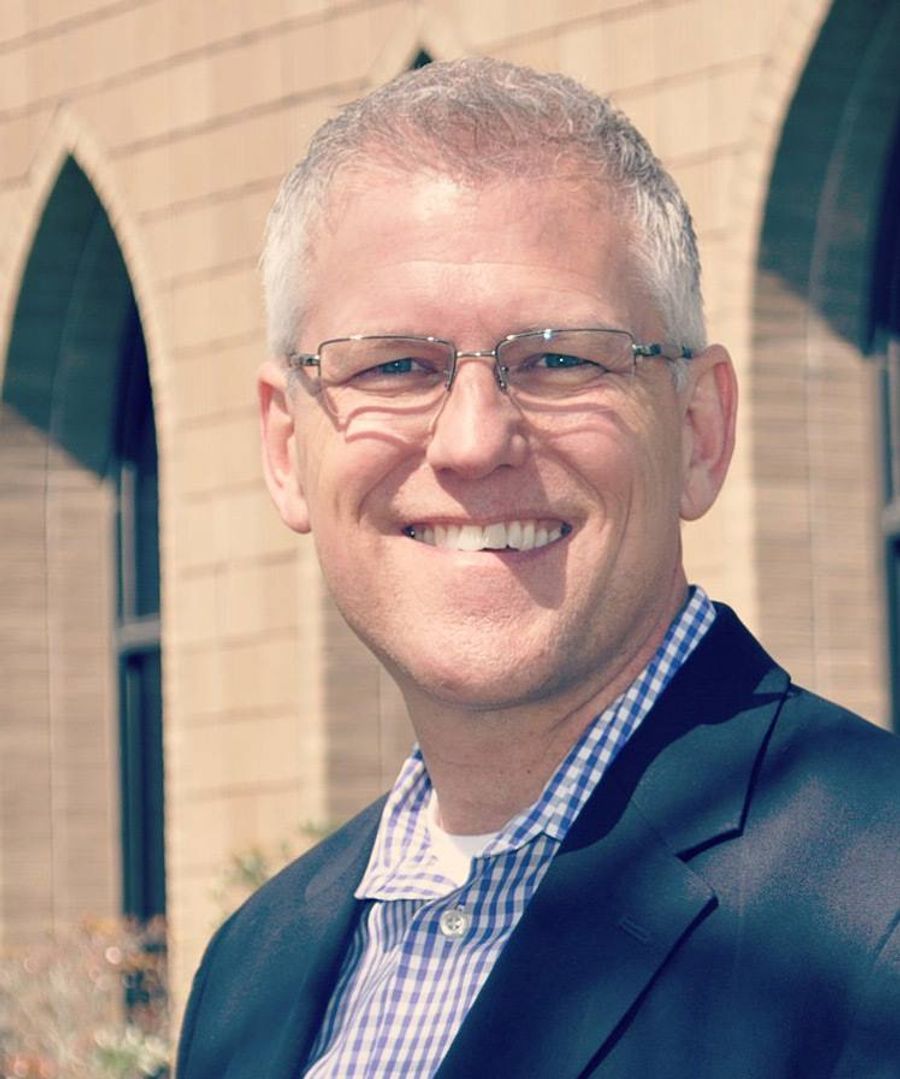I love the Southern Baptist Convention. I love what we do and how we do it. I love that over 40,000 unique, diverse, autonomous churches can unify around a shared mission with a cohesive doctrine that is both clear enough to identify us but broad enough to allow for diversity. I love that our tent is big enough to include those with different convictions on issues like soteriology, eschatology, and ecclesiology, but small enough to exclude the un-orthodox and un-Baptist. I truly believe the variety within our family makes us stronger.
What I don’t love is when we separate ourselves into tribes and draw battle lines around our particular distinctions. I don’t love it when we demonize and seek to ostracize our family members over in-house disagreements. Over the last few months in particular, I have seen the debates heat to the point that tempers flare, accusations fly, and vitriolic rhetoric flows at an alarming rate.
Tribalism Stifles Real Disagreement
In fact, our tribalism often becomes so passionate that our intensity cuts off all reasonable discussion because we view those who disagree at any point as enemies to be defeated instead of friends to be cherished. For example, when I voiced my opposition to the Law Amendment, I was called gay, liberal, effeminate, unregenerate, and other labels I will not repeat here. When I stated my rejection of a particular eschatological view, I was accused of rejecting inerrancy and disbelieving the Bible. When I have stated that I lean Reformed in my soteriology, I was deemed a heretic that has no place in the SBC.
Please understand that I’m not personally offended by these tactics because they are beyond the bounds of reason with no basis in fact. I affirm the Baptist Faith and Message 2000, the Chicago Statement, and the Abstract of Principles. I am eschatologically amillennial and soteriologically Amyraldian. I have degrees from three of our seminaries and held a faculty position at one of them where I also served as Campus Pastor. I could never be reasonably accused of being anything other than a theological conservative, Bebbington-style evangelical, and faithful Southern Baptist. I’m also not gay.
Then why the rhetoric? Why the anger? Why the baseless accusations? Because we all tend to circle the wagons around our camps and feel threatened by anyone challenging those matters on which we hold strong convictions. We become so attached to our ideals and so affirmed by those who agree with us that we cannot seem to allow that we might possibly be wrong or that those outside our camp will not do us harm. Those who disagree with us are not simply interpreting the Bible differently, because to give credibility to their interpretations might mean that our position is merely our interpretation. We automatically suspect anyone in other camps, experiencing schadenfreude when they fall, while defending uncritically everyone in our own camp. It seems that in a world built increasingly on the shifting sands of moral and philosophical absurdity, we are all looking for some bedrock on which to find safety, security, and sanity, so we fight to protect ourselves and all we believe to be true.
A Better Way
Don’t get me wrong. I’m not immune to the tribalism. In fact, I think we can all relate to some of the feelings I have described, even if we have yet to descend into the basest of the hyperbolic rhetoric and less than noble tactics. Now is not the time for any of us to be self-congratulatory. Rather, I want to suggest a way forward—a way that helps us keep our differing convictions in tact without damaging both relationships and reputation. Please accept the following propositions as a guideline for all of us in our various tribes.
Love one another. This is not an original idea. In fact, it is one of the most fundamental of biblical commands—one of the two upon which the whole of the Law and Prophets depend. “But calling out sin and wrongdoing is love,” some will say. I agree. But love is patient and kind and not arrogant or rude. To speak hard truths does not require harshness or personal insult, and “the anger of man does not produce the righteousness of God” (James 1:20). If we are really loving one another, the displays of our love will be so evident that everyone should be able to recognize us as His disciples (John 13:35). So in our interactions with others, let’s ask if our words and our actions are truly demonstrating the love of Jesus.
Love your enemies. Ephesians 6 tells us that our enemies are not flesh and blood, but the demonic forces of “this present darkness,” but at the same time Jesus tells us to love those who are enemies. In other words, some people do set themselves up as enemies to us personally and to the Gospel itself—and we are to love them. We are to feed them and do good for them and leave vengeance to God (Romans 12:17-21). This means that those hostile to our message should be met with kindness and compassion. And those in our family who oppose us should not be seen as enemies, but should be treated as brothers (2 Thessalonians 3:13-15). Let us ask ourselves if we are treating our antagonists with love. And let us deal with our brothers in the faith the same way we would treat our brothers in the flesh.
Give the benefit of the doubt. We should try to understand those with whom we disagree. Let us not assume the worst about them and assign impure motives. For example, when someone says “I think women can be pastors” (a position I reject), instead of responding with, “So you hate the Bible. I guess you want gay pastors,” perhaps we can say something like, “Why do you believe that? Help me understand.” This does not mean we are abandoning our convictions. It simply means we are treating others with respect. Even if they are wrong, they might still have noble intentions. Let’s make certain we really understand what people are saying and why they are saying it.
Have personal interactions. What I mean is that in-person conversations are better than online ones; direct messages are better than public comments. “But if someone says something publicly, he is open to public criticism.” I agree. So let me suggest some criteria for responding publicly. Let’s ask if our comments are both helpful and necessary. Sometimes the answer is affirmative. If not, then perhaps we can let it go. And when it comes to private communication, I need to ask if I am the right person to confront the other person. Do I have a personal interest or a previous relationship? If not, why would I assume such responsibility? And finally, we should never offer anonymous criticism. Never! If we are not willing to attach our names to something negative, then we should keep it to ourselves.
Dial back the rhetoric. Here are three good questions we can ask: 1. Would I speak in this manner and with this language to my friends or family or spouse? If not, why would I speak to anyone like that? 2. How would I like someone speaking to me like this? 3. Would I speak like this if Jesus were standing next to me? He actually is, you know. “Let no corrupting talk come out of your mouths, but only such as is good for building up, as fits the occasion, that it may give grace to those who hear” (Ephesians 4:29). Do all our words meet that standard? Do all my words give grace to all who hear or read them?
Define and use terms correctly. “Liberalism” has a meaning. “Heresy” has a meaning. Are we using those words accurately? And what do we mean by words like “woke” or “progressive” or “fundamentalism?” Let us be precise and clear and speak truthfully at all times.
Be kind. The Lord’s servant must not be quarrelsome but kind to everyone, able to teach, patiently enduring evil, correcting his opponents with gentleness” (2 Timothy 2:24-25). Every time I have posted those verses I have been rebuked. I have been called effeminate or gay or any number of labels. I’ve been told that such behavior is weak and un-Christlike, that now is the time for flipping tables. I have been told that the time for turning the other check has past. Kindness and gentleness have become negative traits instead of virtues. Let us ask if being harsh and unkind truly exhibits the character Jesus desires for us.
Everything I have written here has been introspective. I can be unloving and harsh and unkind and unfair. I can be tribal in my attitudes and convictions. But I truly want to do better. I love my SBC family. I really believe most of us do. Would you join me as I try to strive for unity (not uniformity) and love and holiness? Can we partner together to prove to the world that we are His disciples?


